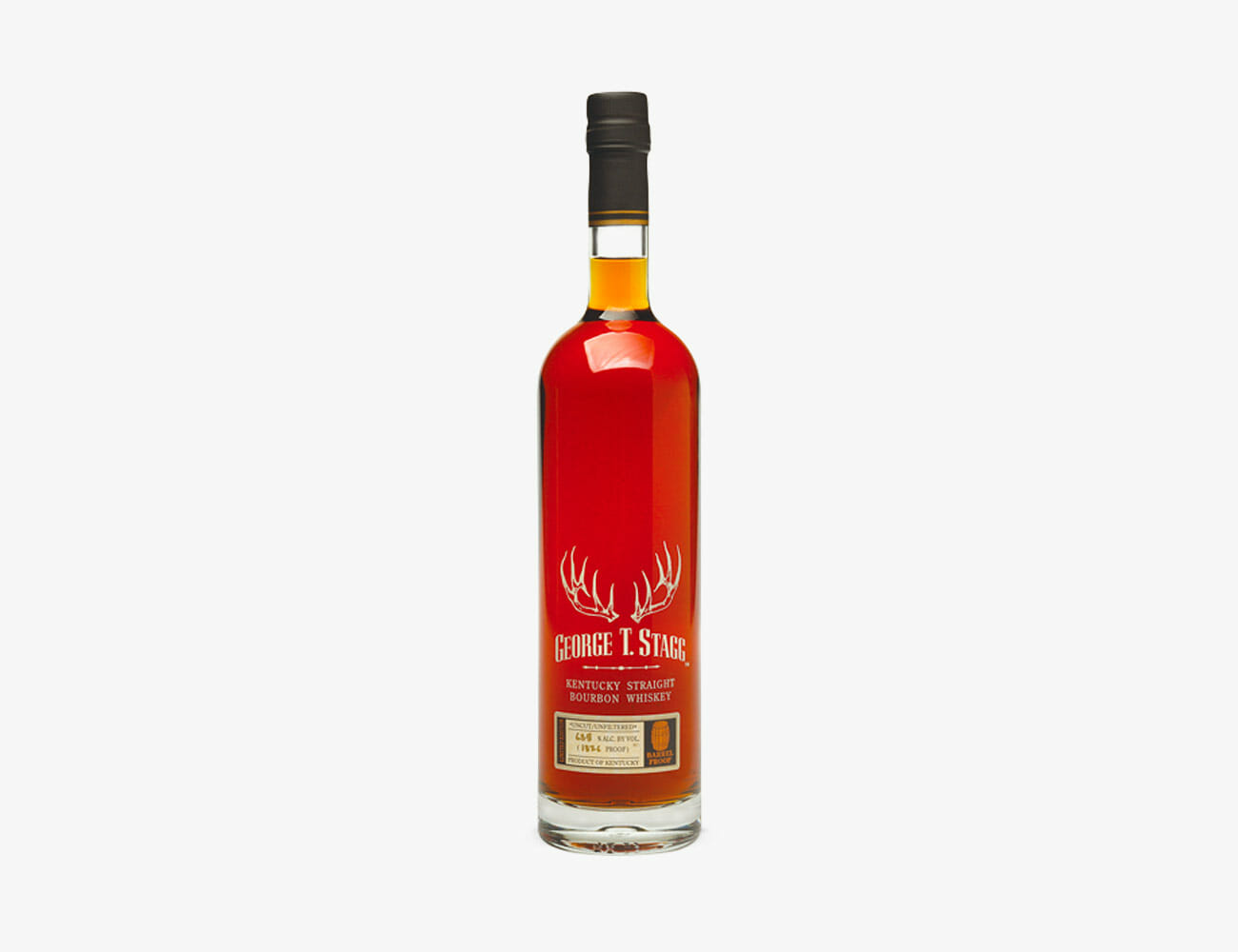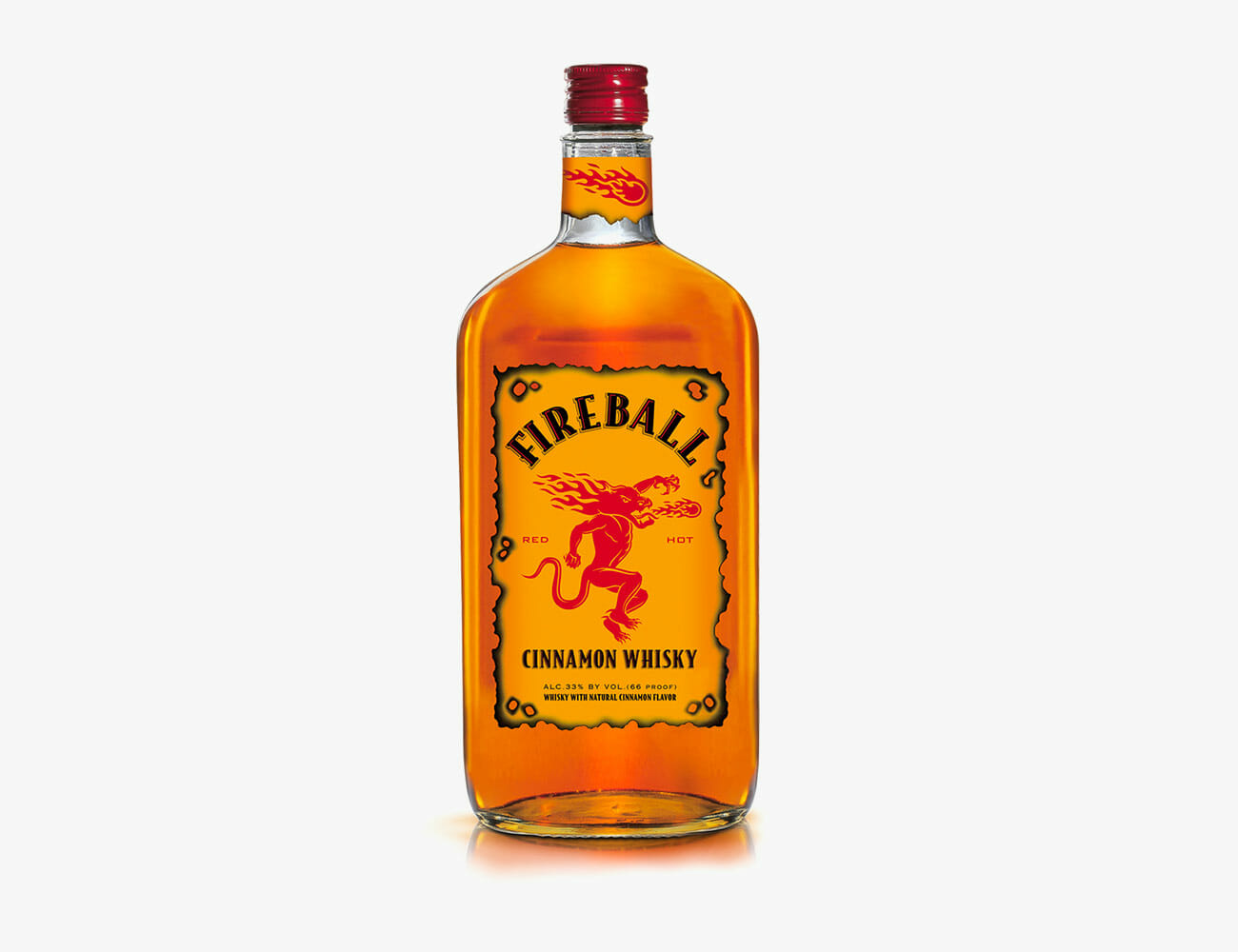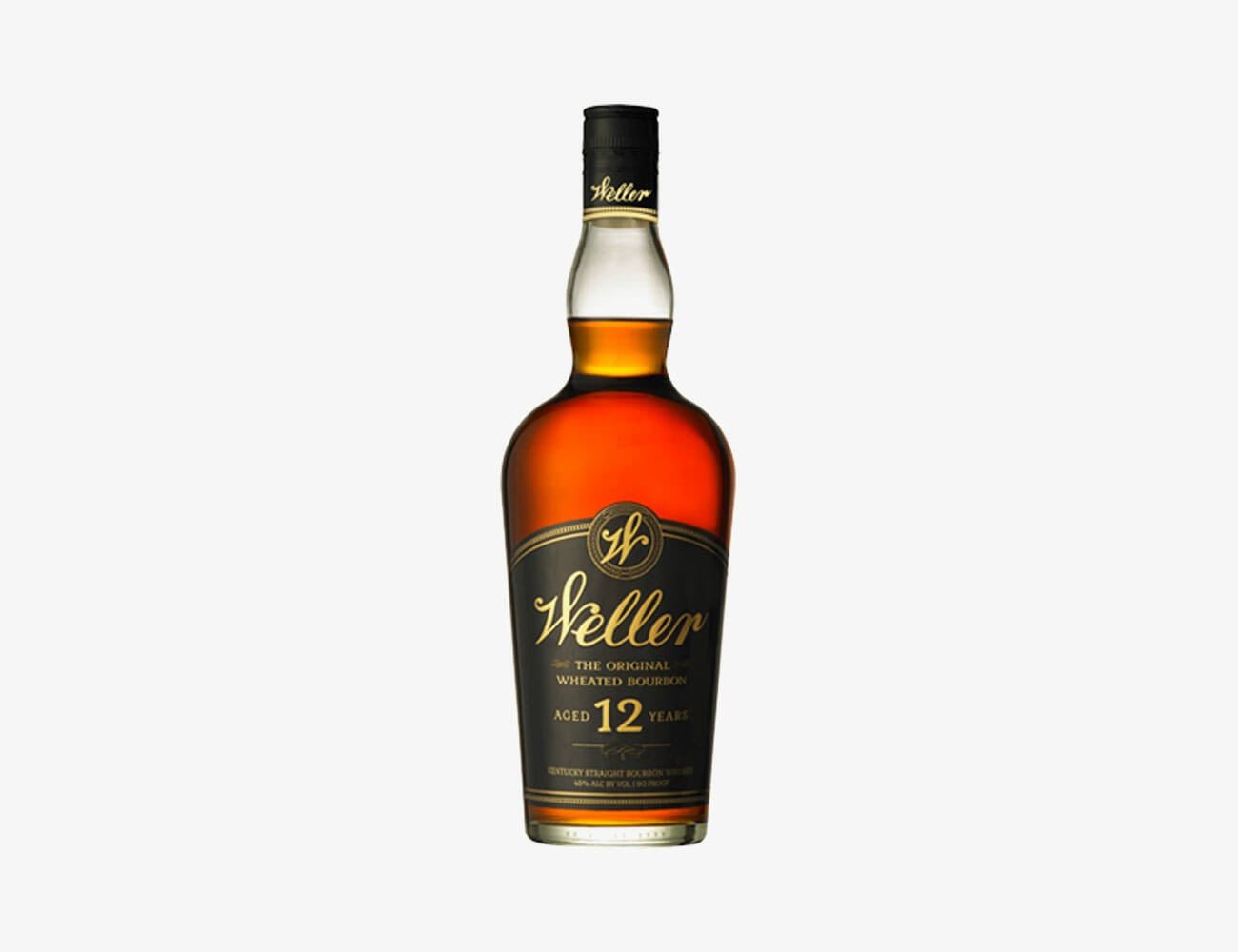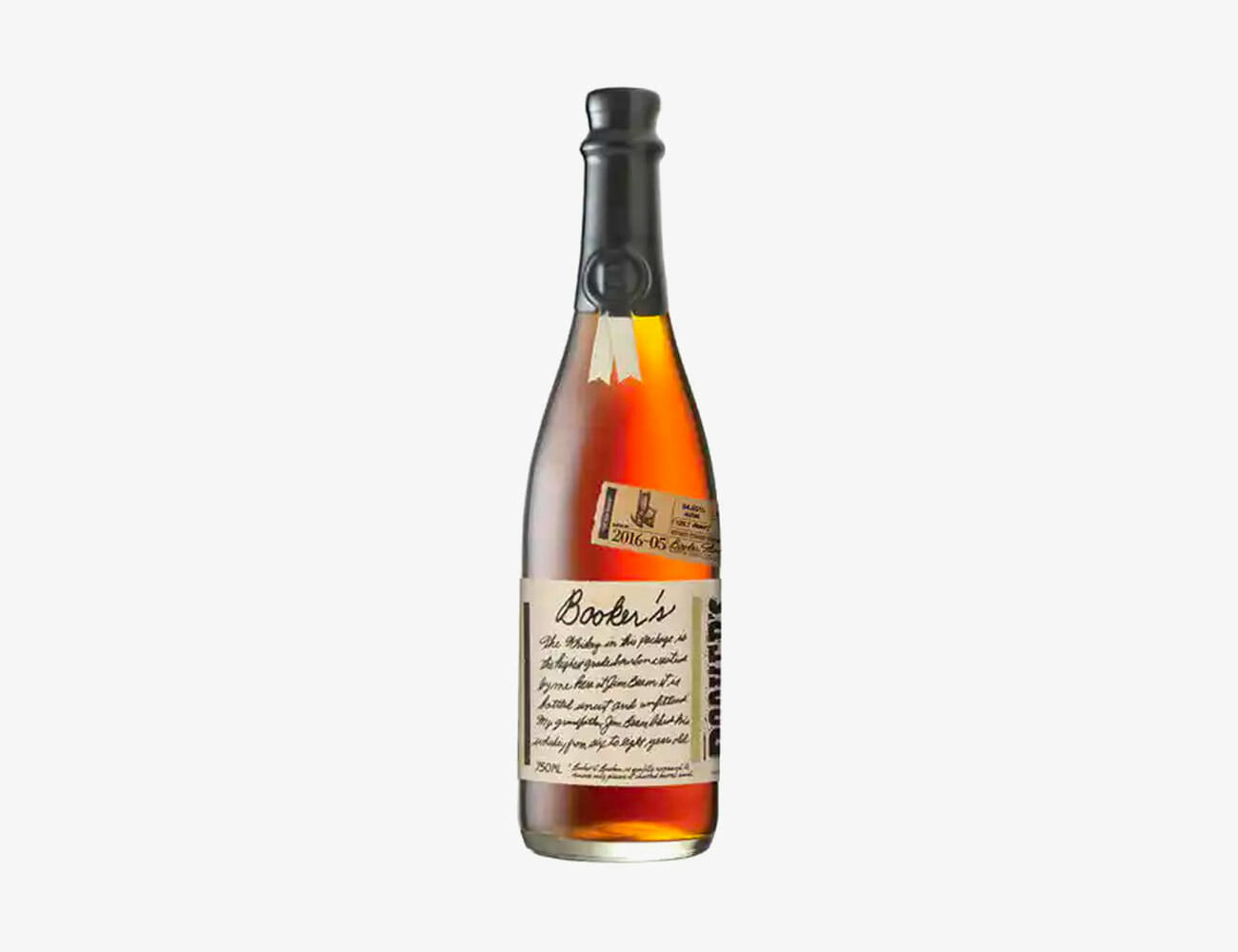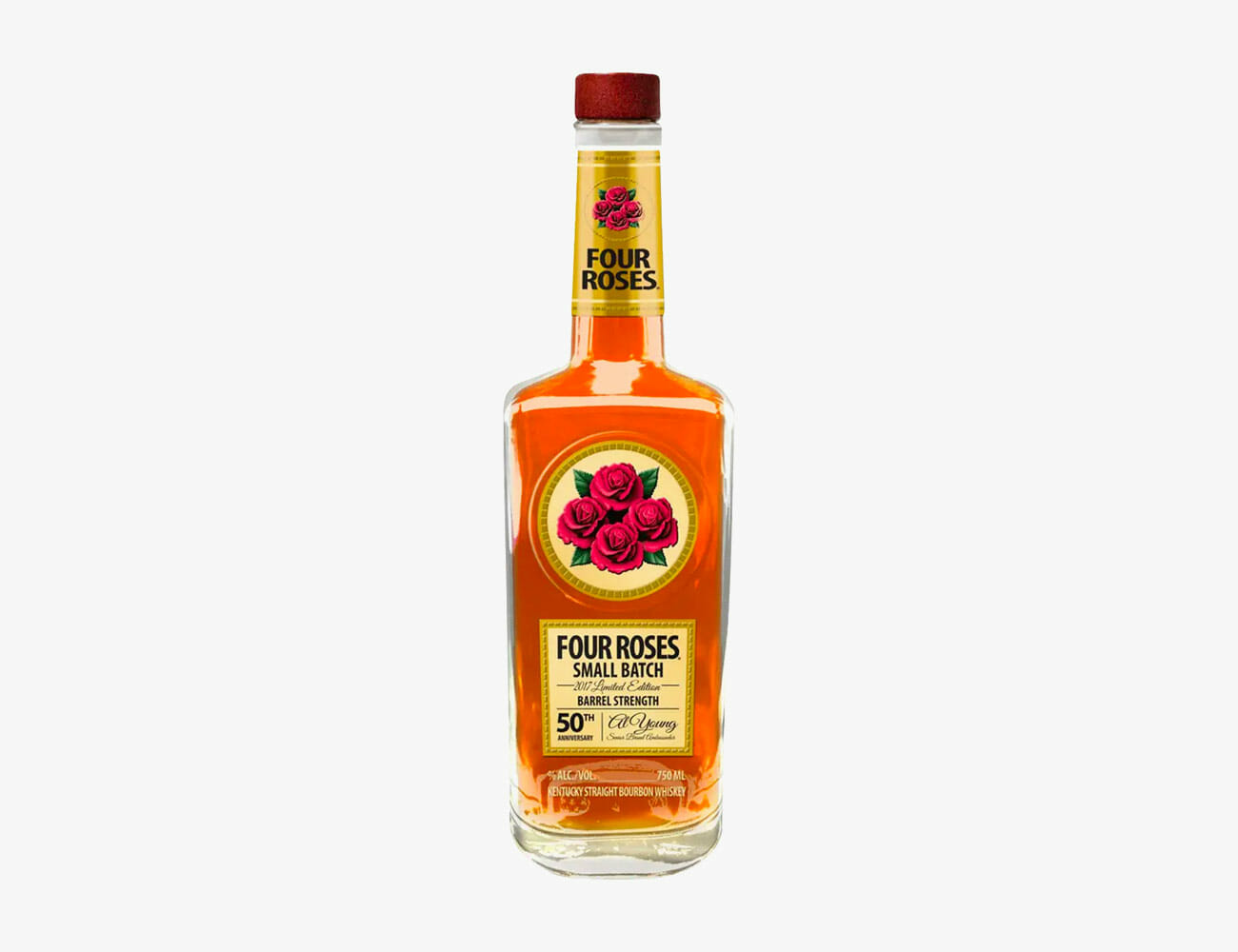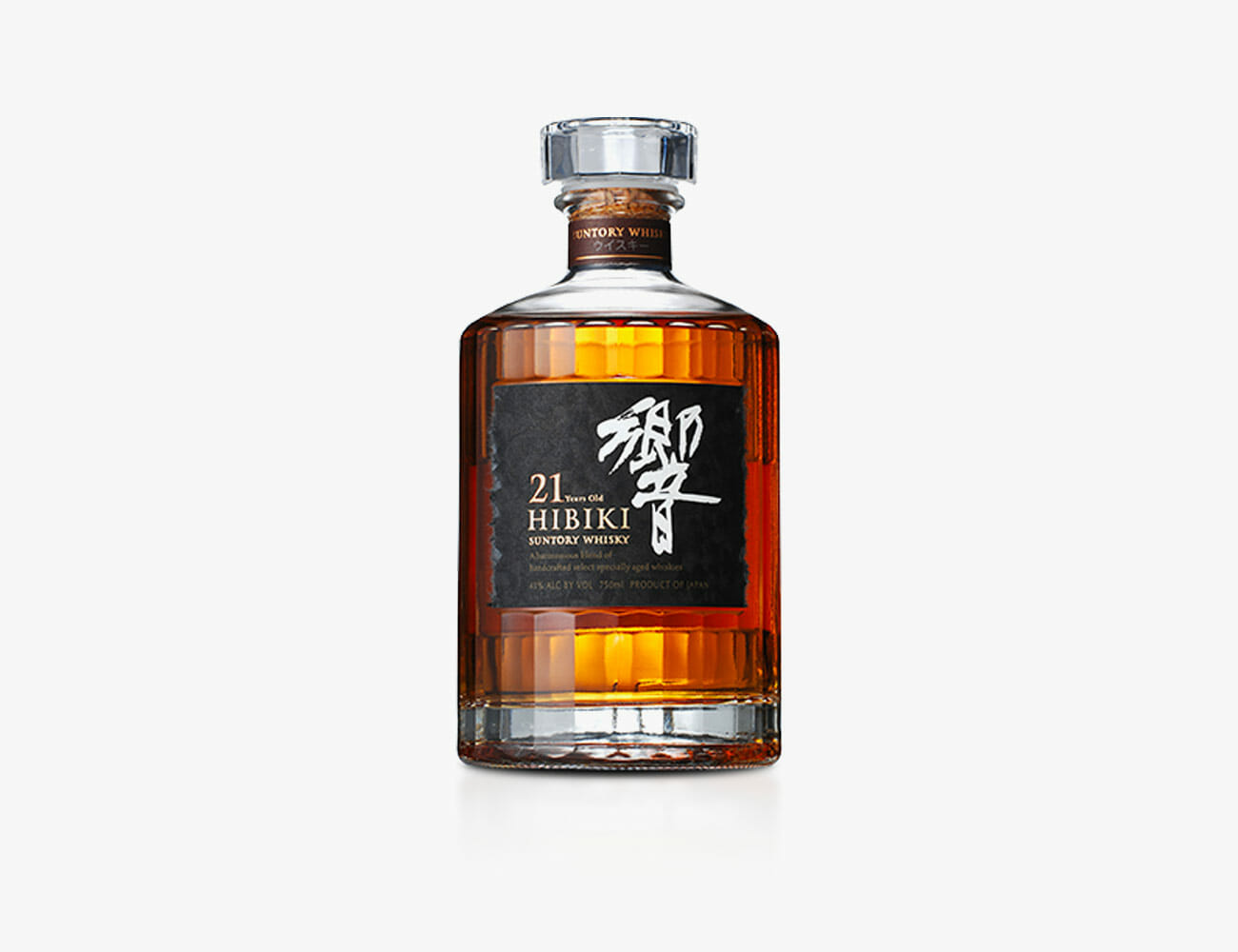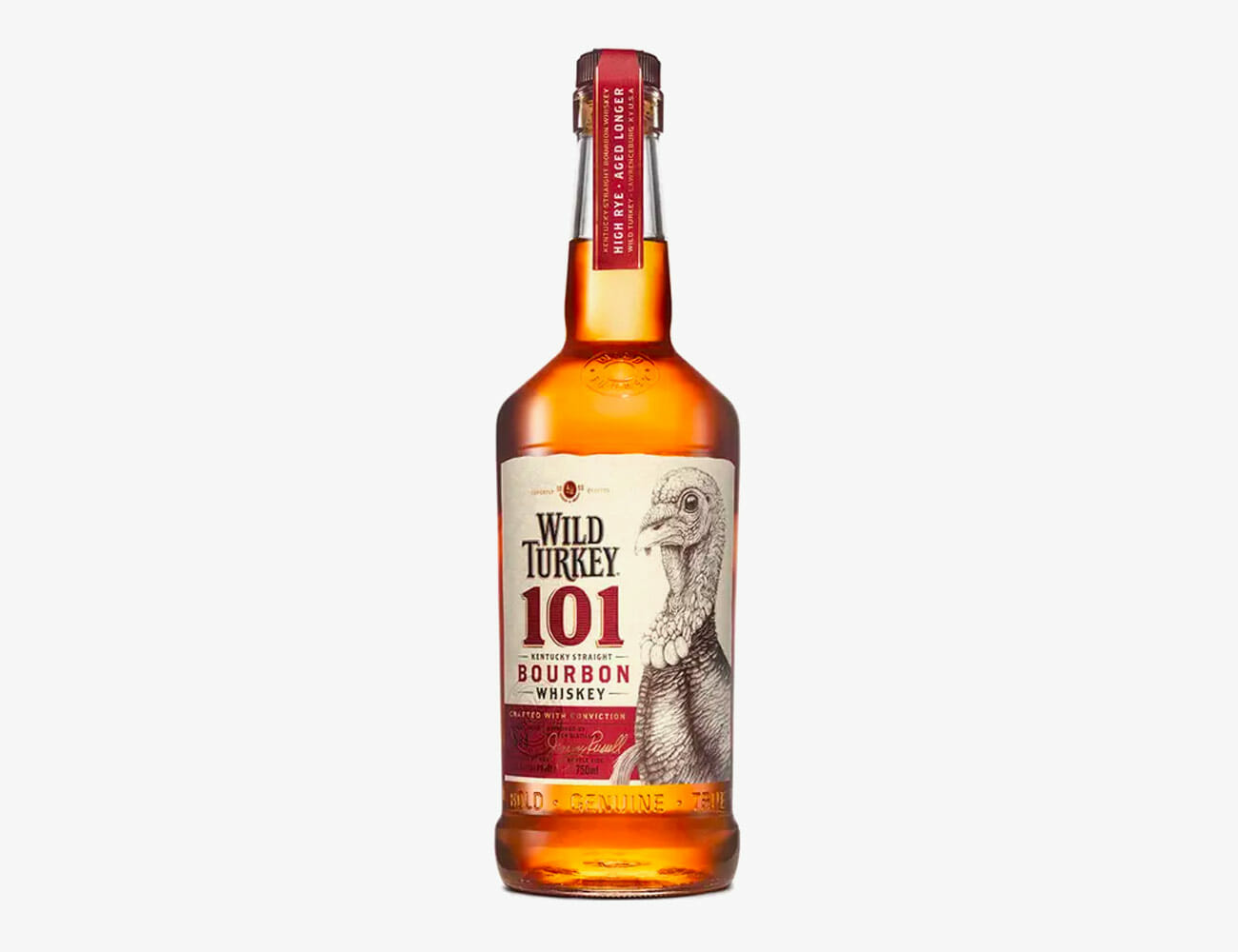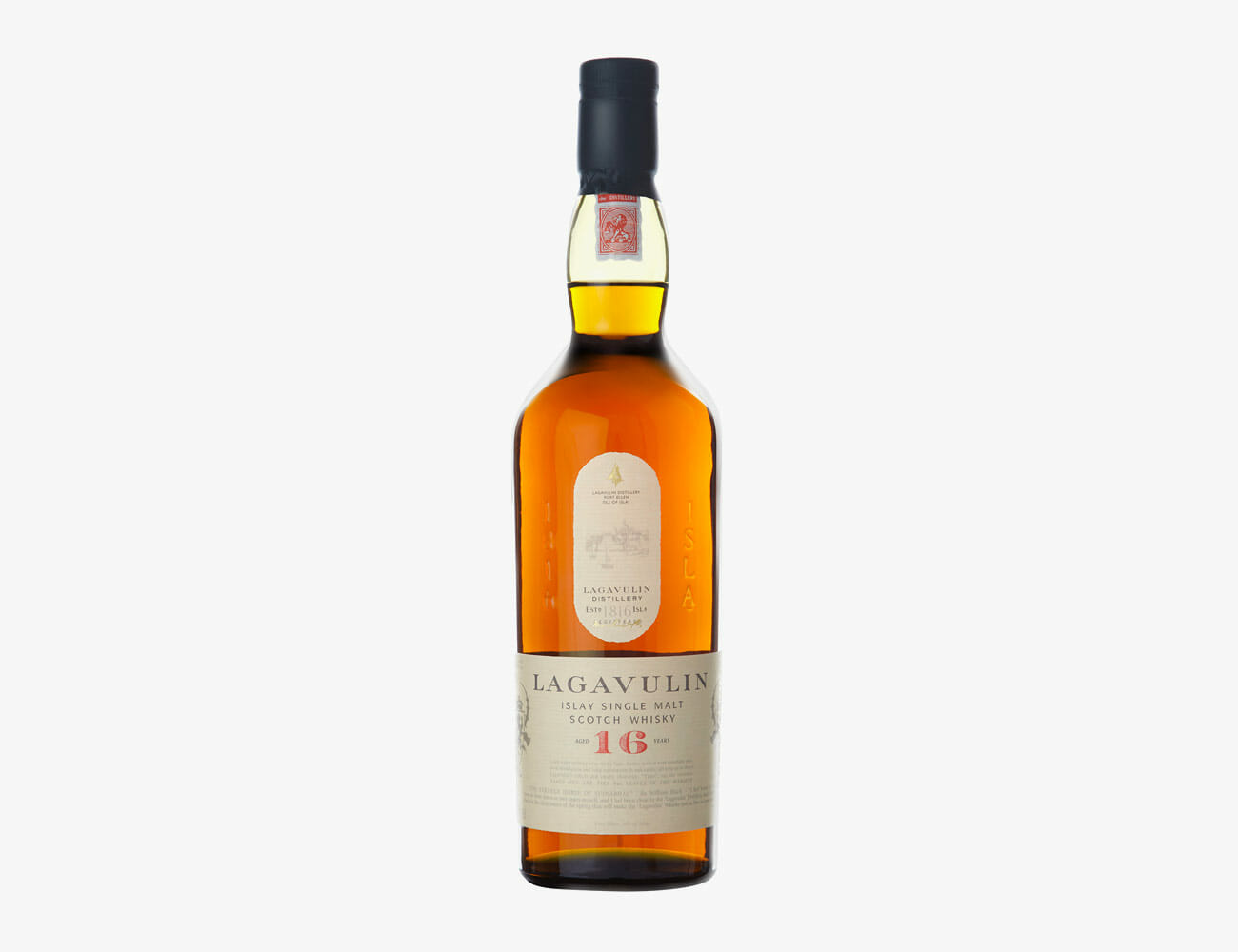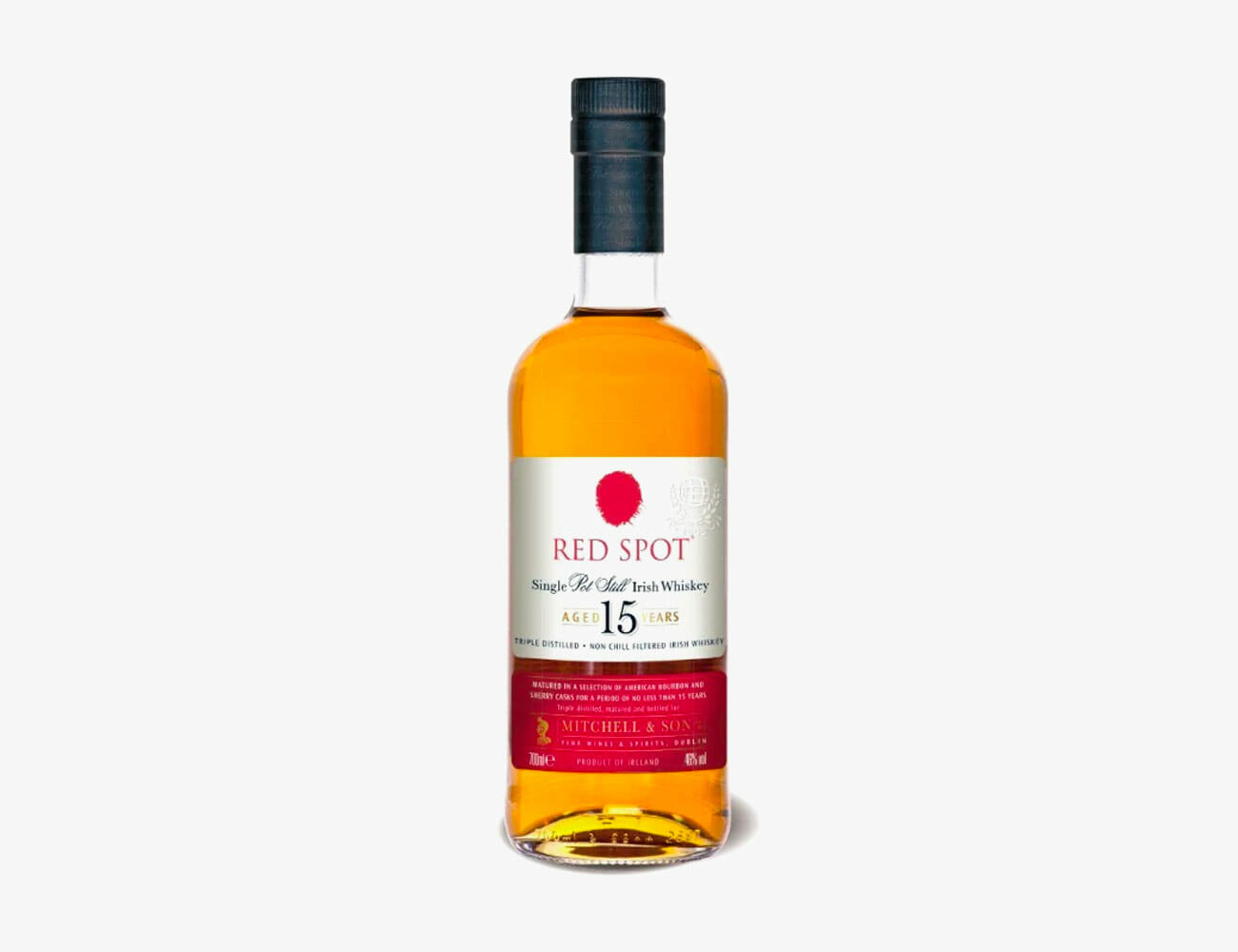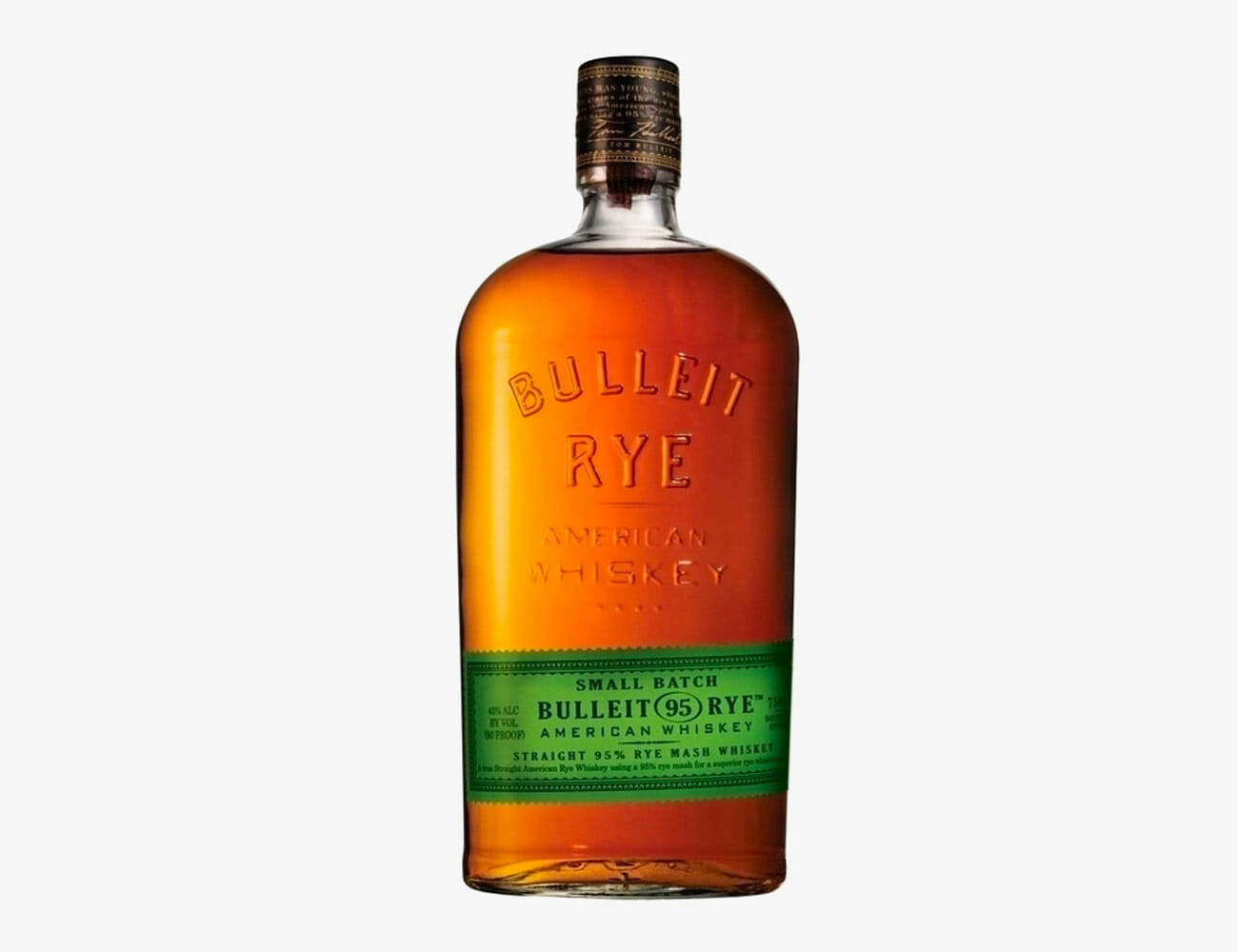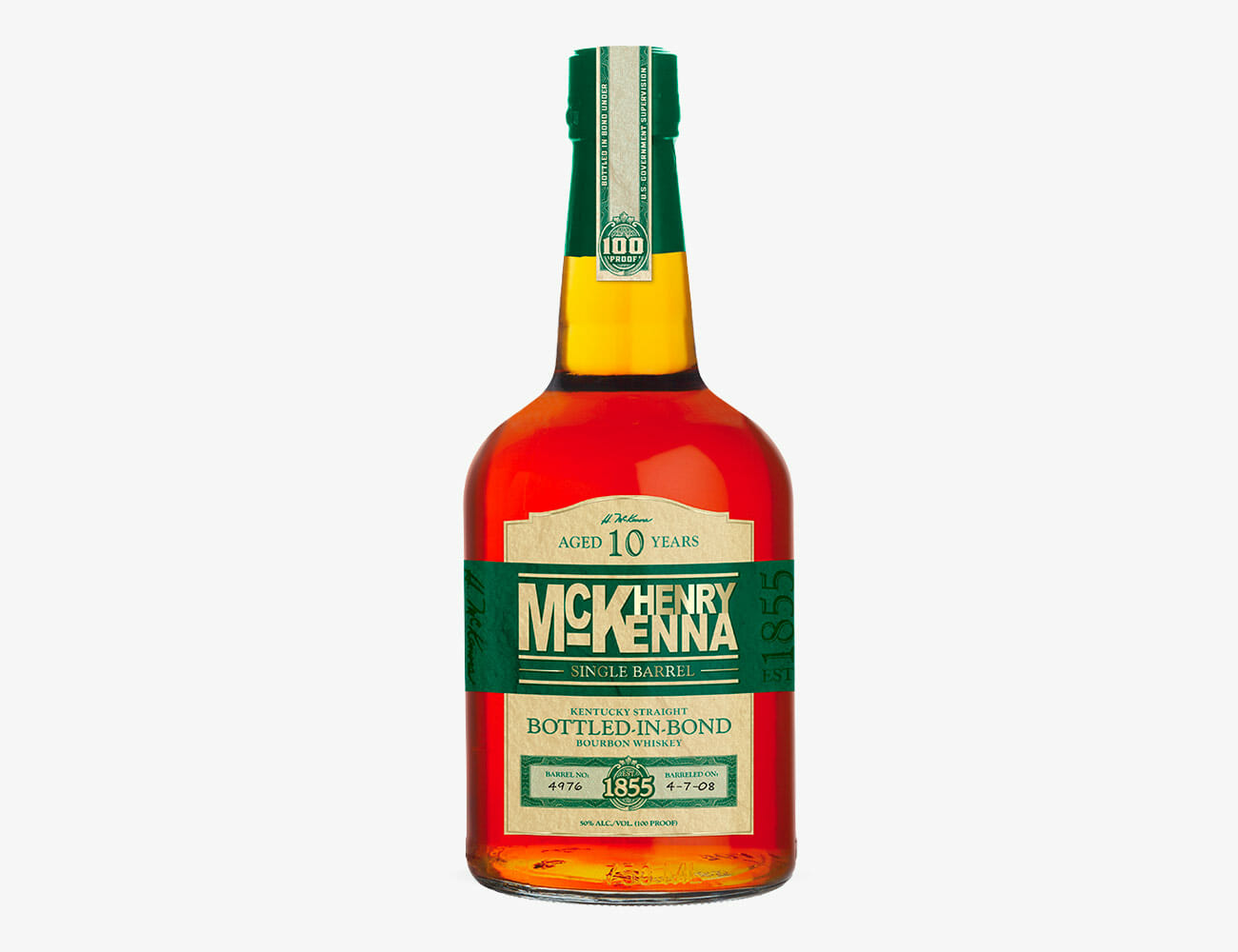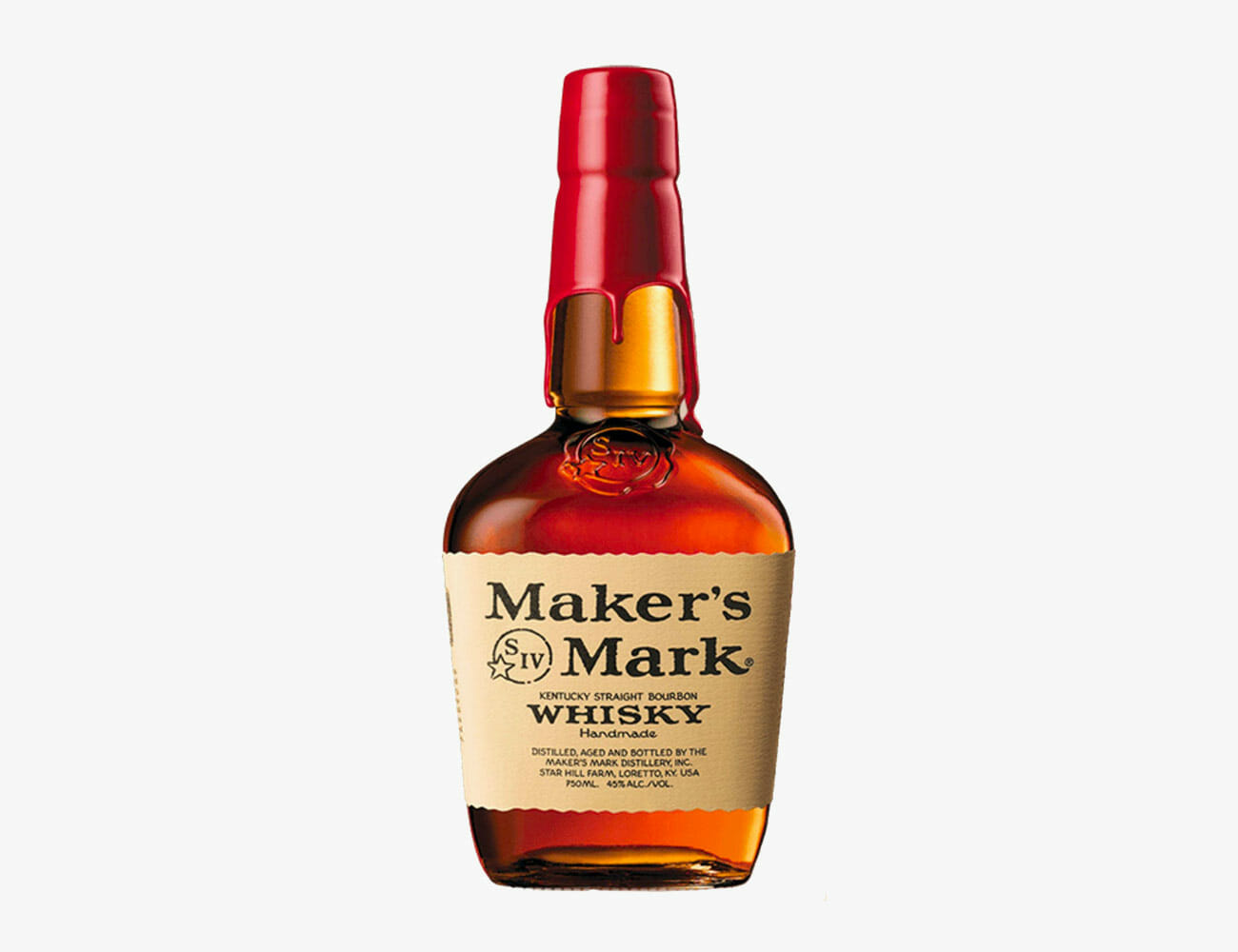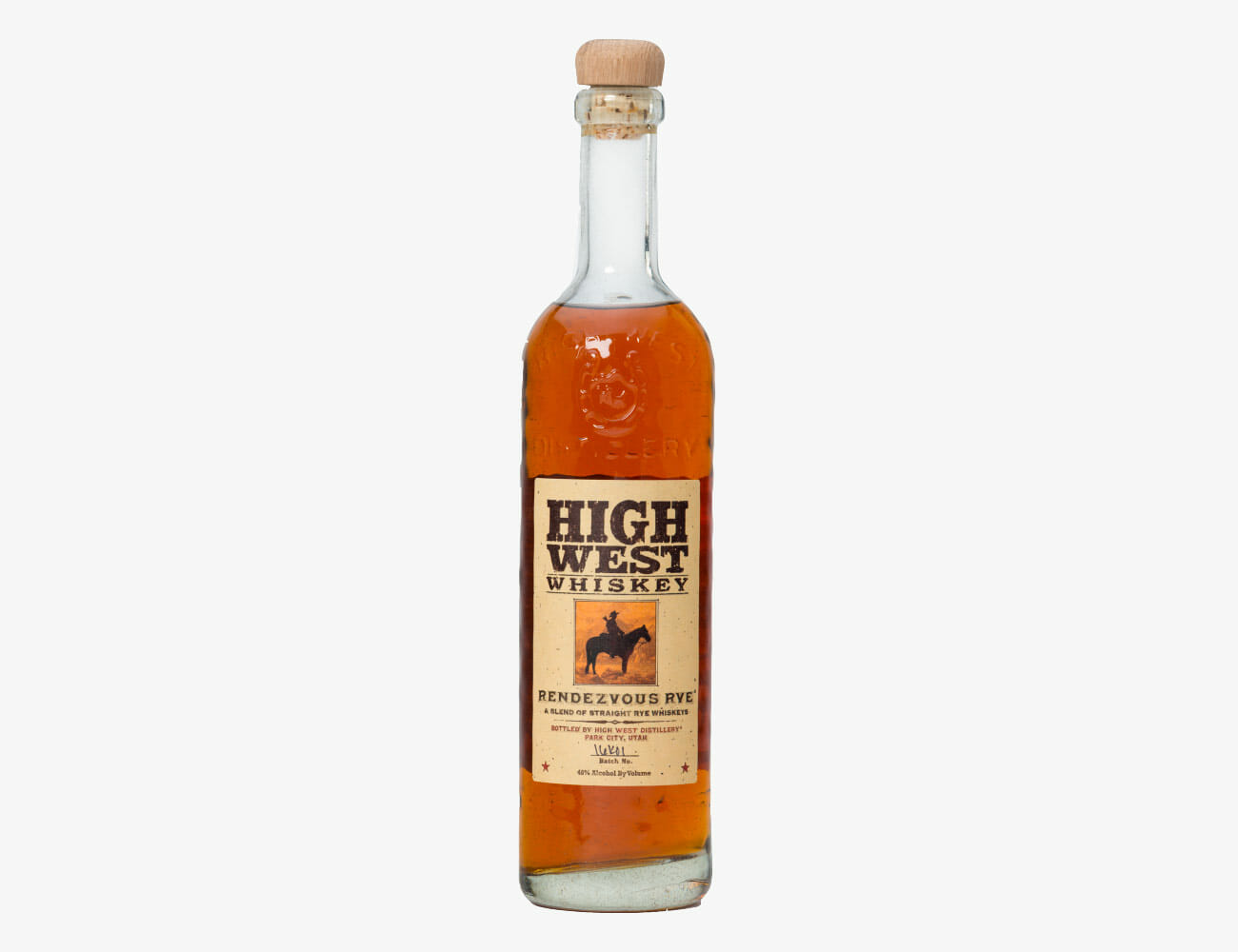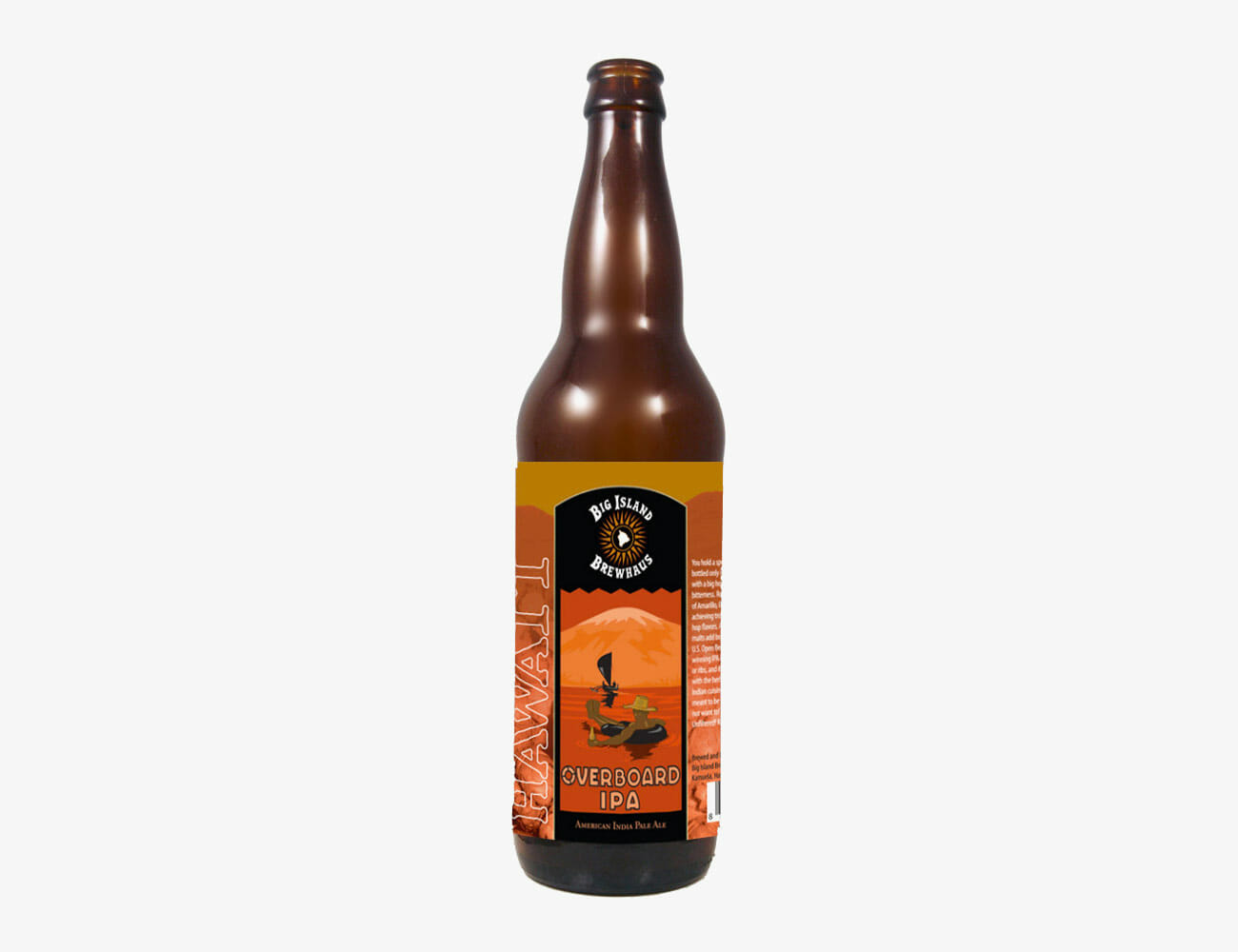The 25 whiskeys herein are not the best whiskeys in the world. There isn’t a rating system or greater calculus behind them. This is a list of whiskeys that, in one way or another, matter. Some, like Johnnie Walker Blue Label or Old Grand-Dad 114, tell a story about where whisk(e)y has been. Others, like Bulleit’s ubiquitous rye or Buffalo Trace’s Blanton’s line, quietly reshaped whiskey history. And then there’s whiskey that’s just so good, so unique and so iconic, it makes the cut by force of will; like Four Roses’ 2017 release dedicated to and co-designed by the legendary Al Young, or the cook-kid-scotch Lagavulin 16. These are the whiskeys every would-be whiskey drinker should try before they die.
Is there Pappy? Maybe.
Buffalo Trace Antique Collection
Shortened to BTAC by its followers, the crown jewel of Buffalo Trace’s whiskey-making empire is an annual show-off session for its best juice. The collection includes an uncut rye bomb, extra-aged Eagle Rare bourbon and Sazerac rye and, what every bourbon enthusiast is perpetually hunting down, George T. Stagg and William Larue Weller. The former is essentially extra-old, barrel strength Buffalo Trace, the latter is a barrel strength Pappy that can be even trickier to track down.
Availability: Allocated
Price: ~$250 to ~$750
Fireball Cinnamon Whisky
Laugh all you want, Fireball has earned its spot on a bucket list bourbon sheet by sheer force. And though it is not technically a whiskey, it is the ground floor entrance for millions of soon-to-be whiskey drinkers. To have not slugged a shot of it is the whiskey equivalent of having not tried Miller Lite.
Availability: Widely Available
Price: ~$10
Weller 12
A $20 Buffalo Trace bourbon available everywhere is now $200 and nowhere to be found. What happened? Hype. Whiskey writers, shop owners and bourbon lovers started calling it “baby Pappy” because of a shared wheated bourbon mashbill, and it began to disappear. Is it worth the skyhigh price it goes for nowadays? That can only be answered after you’ve tried it.
Availability: Allocated
Price: ~$200
Booker’s Bourbon
Today, Booker’s is a mid-to-top shelf bourbon staple — a limited quarterly release from Jim Beam Distillery that typically falls between 6 and 7 years old and 120 and 135 proof. In the context of bourbon history, Booker’s represents the beginning of bourbon premiumization. Before it, American whiskey was considered cheap schlock, unworthy of comparisons to the stuff being made across the Atlantic. Then its creator and namesake Booker Noe put it on the shelf for $50, a ridiculous figure for American whiskey in the 1980s, and ushered in the beginning of serious American hooch.
Availability: Allocated
Price: ~$70
Four Roses 2017 Limited Edition 50th Anniversary Small Batch
Likely the most iconic of Four Roses’ annual limited edition series, 2017’s tribute to Al Young’s time at Four Roses has sadly became more iconic with his passing. The legendary Four Roses ambassador and bourbon historian insisted that the release had to be like the old stuff Four Roses made, and it had to look like it, too. The bottle is is styled after bottles from 1967, and the whiskey inside is a blend of 23-, 15-, 13- and 12-year-old juice. Your best best at getting a taste is ordering a pour at a well-stocked bourbon bar.
Availability: Past Release
Price: ~$500
Hibiki 21
A number of Japanese whiskies undory the Suntory flag could be here, but Hibiki 21 is a classic example of Japanese whisky decadence. As with all Hibiki entries, it contains spirit aged in American oak barrels, Spanish Olorosso sherry casks, ex-bourbon barrels, ex-wine casks and the iconic Japanese Mizunara oak barrel, which is easily the most expensive maturation barrel money can buy. It is the pinnacle of a line that was created to cater to the Japanese palate, and shows incredible finesse in its intense, almost tea-like floral structure. Its rarity and price in the US represent the downside of the category, which hasn’t been able to keep up with demand in close to a decade now. It’s always Suntory Time.
Availability: Allocated
Price: ~$900
Wild Turkey 101
Deep char barrels, high rye content, sturdy proofing and a classic 7-ish years spent maturing (really a blend of 6-, 7- and 8-year old whiskey) for $20 to $25 makes Wild Turkey’s famed 101 offering a bottom shelf whiskey cheat code. It packs enough punch — in proof and flavor — to serve as a suitable cocktail whiskey, and its peppery-vanilla depth lends to drinking on the rocks, too. By the end of the Russell era at Wild Turkey (may it never come), the father-son duo’s prized bourbon deserves a spot in a museum. This is more than 100 years of family distilling know-how in a bottle you can nab for the cost of a movie date.
Availability: Widely Available
Price: ~$25
Lagavulin 16
Our pick for “Best Scotch Under $100” also happens to be the rest of the world’s favorite. Full of sweet smoke and dryness, it’s perhaps the most classic example of the Islay scotch whisky, and, if it matters, comes with a recommendation from one Ron Swanson.
Availability: Widely Available
Price: ~$65
Red Spot Irish Whiskey
Before the distillery’s demise in the 1960s, barrels of Mitchell & Son company whiskey were splotched with a blue, green, yellow or red paint to indicate their aging potential. Revived in 2018, the newly formed Spot Whiskeys pay tribute to the traditional Irish single pot still distilling of old. At 15 years old and bursting with fruit flavor, Red Spot is the highest-end of the lot, and represents some of the best whiskey the country has to offer.
Availability: Allocated
Price: ~$135
Bulleit Straight Rye
A divisive, affordable masterstroke by one of America’s greatest living distillers in Larry Ebersold. Ebersold and the secretive operators at MGP in Indiana created a 95 percent rye, 5 percent malted barley mashbill for a dozen craft distillers or more and it took over the category, defining what rye whiskey tasted like (hot) for a generation of whiskey drinkers. Bulleit’s ubiquitous straight rye is the most famous result.
Availability: Widely Available
Price: ~$20
Henry McKenna Single Barrel
This is a time capsule to whiskey hype in early 2019. What was once a $35 bourbon available everywhere became a $100 ultra-premium whiskey lining the top shelf overnight, all it took was a San Francisco World Spirits Competition crown. The price may droop from peak hype, but it’s unlikely you’ll ever see it next to your regular old Knob Creeks, Four Roses and Buffalo Trace again.
Availability: Allocated
Price: ~$75
Maker’s Mark
Maker’s Mark has changed over time; not the whiskey, but the brand. In its early days it was known as a premium whiskey, carrying the tagline “It tastes expensive … and is.”As the whiskey industry has evolved, Maker’s, despite being bought and sold by multiple mega-corporations (it’s owned by Beam-Suntory today), is still very much the same distillery it once was. They still rotate barrels from the tops of warehouses to the bottom to account for differing temperature and humidity levels. The bourbon is still wheated and still carries a higher-than-normal barley percentage. Through decades of growing and becoming one of the most-sold whiskeys in the world, they’ve even preserved the hand-dipped wax bottling practice. Though made in absolutely monstrous quantity today, it is as well-crafted a whiskey as can be.
Availability: Widely Available
Price: ~$30
High West Rendezvous Rye
The first whiskey from the first distillery in Utah since Prohibition ended was created by whiskey mad scientist David Perkins, who combined old MGP rye with the green as can be stuff he had made. The result is a timewarp in your mouth — a biting, young rye with a slow, drawn out finish. Today, it represents the early days of the craft whiskey boom, and what nimbler distillers can do to create whiskey that competes with the big dogs.
Availability: Widely Available
Price: ~$60
Jack Daniel’s Old No. 7
The single greatest economic force in the American whiskey canon, JD is a behemoth. Brown-Forman’s money printing machine ships nearly 14 million cases of the stuff every year, which translates to something near 175 million bottles annually. That’s reason enough to pour a Jack and Coke, even if it’s just to see what the fuss is about.
Availability: Widely Available
Price: ~$15
Old Forester Birthday Bourbon
Birthday Bourbon arrived right as the American whiskey boom began in earnest, riding the wave of ultra-rare, ultra-premium whiskeys that captivate thousands of collectors annually. Its late summer, early fall release also acts as the unofficial beginning to whiskey hunting season, when most major distilleries begin releasing their most prized stuff. On a smaller scale, its release is an earmark between era at Old Forester — before Birthday Bourbon, the brand was mostly a budget pick with a relatively small following outside of bartenders; since its release, Old Forester has filled out its lineup on every shelf at the liquor store, cementing itself as a full-stack whiskey label.
Availability: Allocated
Price: ~$250
Jameson Irish Whiskey
Yes, Irish whiskey is getting up off the mat again. Old family distilleries and new innovators are driving new growth, but Jameson still makes up well over half of sales, and kept the entire category afloat for decades.
Availability: Widely Available
Price: ~$30
Blanton’s Bourbon
Created by Elmer T. Lee, one part of the band that saved American whiskey from extinction along with Booker Noe, Jimmy Russell and Parker Beam, Blanton’s was, by most accounts, the first single barrel whiskey ever. It’s credited with a role in kickstarting the premiumization and proliferation of bourbon around the globe (along with Booker’s, Old Grand-Dad and others). Nowadays it serves as both the entry- and expert-level collector’s whiskey, depending on how far you’re willing to go down the rabbit hole. Beginners might seek out Blanton’s with a dump date that matches their birthday, or collect all the cork stoppers (buying them through that link is cheating), while experts track down rare international market releases like the barrel strength Straight From the Barrel, or even rarer releases like those only found at the Le Maison Du Whisky festival.
Availability: Allocated
Price: ~$65
Angel’s Envy Cask Strength (First Edition, 2012)
After decades of lifting the likes of Jack Daniel’s and Woodford Reserve to new heights, Lincoln Henderson retired, founded a new whiskey brand with his son and casually released a barrel-finished whiskey that’s become the high water mark for the practice. Only 600 bottles of the heavy duty port-finished whiskey were ever released, so settling for a more recent cask strength release from the brand isn’t the worst thing.
Availability: Past Release
Price: ~$2,000
Old Grand-Dad 114
A favorite among bourbon insiders and value hunters, OGD114 is a pivotal piece of bourbon history. Released in the same era as Blanton’s and Booker’s, it’s one of the whiskeys credited with saving the category from collapse in the ’80s, though it doesn’t get near the press or sales of its contemporaries. Good for you. You can taste this high-rye, high proof piece of bourbon history for $25 in some states, where Booker’s and Blanton’s run close to three-times that.
Availability: Widely Available
Price: ~$30
Hakushu 12
If Icarus were a bottle of booze, he’d be Hakushu 12. Once a $50 bottle you could find in most decent liquor stores around the U.S., it is now a discontinued product that sells for nearly three times that price. Luckily, there are still bottles floating around, and, thanks to its intensely wild mountain environment in central Japan, it remains perhaps the most clear example of terroir in the greater whiskey world. It’s also the last of the Suntory whiskies to feature peat, making for a nice side-by-side pour with other Japanese whiskies or proper scotches.
Availability: Discontinued
Price: ~$140
Laphroiag Cask Strength
I’m counting this as a twofer: one for classic Laphroaig 10, and one for its meathead twin brother. Though not necessarily the greatest abuser of peat in Scotland, Laphroiag is probably its best known advocate. The standard 10-year-old expression is available almost anywhere for a fair price and should be tried alongside the cask strength expression, which suits the proof-obsessed American palate nicely. I would pour it with a splash of water to avoid blowing a tastebud.
Availability: Allocated
Price: ~$80
Johnnie Walker Blue Label
King of kings, Johnnie Walker’s Blue Label serves as the definition of what a blended whisky can achieve and, as Aaron Goldfarb writes in PUNCH, a time when scotch reigned. More recently, it was called “close to perfection” by Whisky Advocate (where it also earned a 97/100 rating, the highest in publication’s history) and the “Cristal of the blended whisky world” by Whisky Exchange. As it was in its heyday, Blue Label remains a must-try whisky.
Availability: Allocated
Price: ~$175
Crown Royal Northern Harvest Rye
When whisky writer of note Jim Murray named this then-$30 bottle of relatively unknown Crown the best whiskey of 2016, the whiskey world was angry, but it vanished off shelves regardless. Murray, arguably the single most influential whiskey authority working today, had snubbed the most prestigious scotches, luxe bourbons and high-end Japanese whiskies in favor of a budget Canadian rye. It was the first Canadian whisky to claim the title, and has lived a more posh life on a higher shelf ever since.
Availability: Widely Available
Price: ~$60
Nikka From the Barrel
Nikka’s From the Barrel is the best widely available Japanese whisky to ever arrive on American soil. Unlike Suntory’s near-extinct Yamazaki and Hakushu lines (and its highball-focused Toki brand), From the Barrel has never been hard to find. It arrived in the U.S. in 2018 and Japan three decades before that and the makers claim there are more than 100 unique malt and grain spirits blended within. It’s prototypical Japanese whisky without the assumed Japanese whiskey price.
Availability: Widely Available
Price: ~$60
Pappy Van Winkle’s Family Reserve 23-Year
No American whiskey inspires emotion like Pappy. If you don’t have it, it’s the symbol of grotesque price inflation caused by the Bourbon Boom; If you have it, it’s one of the best things you can put in your mouth. Whatever it is or isn’t, Pappy 23 is the undisputed king of the Van Winkle Collection. Find it and form your own opinions.
Availability: Allocated
Price: ~$1,250



